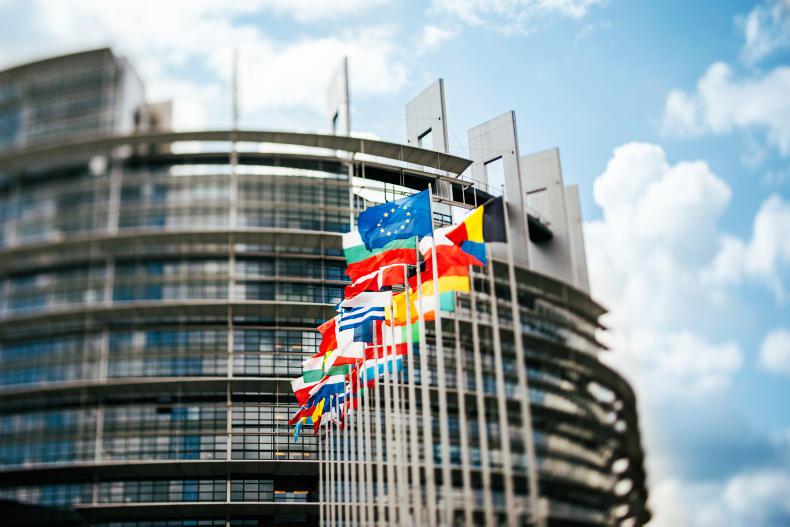CAP talks are set to go down to the wire and if a deal is to be struck this week, it will require a compromise on the funding for eco schemes.
Negotiators had planned talks late into Wednesday night to try to bridge the gap between both sides.
However, they were called off at around 11pm as the Council, which represents EU agricultural ministers, could offer no further compromise.
The Portuguese presidency will hold a series of meetings on Thursday morning with groups of ministers to try to garner support in offering a budget higher than the Council’s original 20% proposal.
So what are eco schemes and why do the hold the key to the next CAP?
What are eco schemes?
Eco schemes are measures farmers will be asked to undertake in the next CAP focused on climate, environment and animal welfare.
They will be voluntary for farmers to take part in, but those who opt out will lose a portion of their direct payment.
Farmers could be asked to reduce nitrogen inputs, fence off watercourses, manage existing habitats and hedgerows, or complete on-farm welfare assessments to secure their payment.
What is the budget on offer for these schemes?
In the original CAP proposal, it was to be left up to member states to decide the budget for eco schemes.
However, following the publication of the Farm to Fork strategy, it was recommended that a common percentage be ringfenced across the EU.
The Council opted for 20%, while the Parliament pushed for 30%, backed by the Commission.
Under the first compromise offer, 22% of farmers’ direct payments would have been ringfenced for eco schemes in 2023, before rising to 30% by 2027.
In the counter offer, the starting percentage remained at 22% for two years, but only rose to 25% thereafter.
This was seen as too high for ministers, but too low for MEPs.
Why the resistance to a higher percentage?
The main concern is that an unfamiliarity among farmers could see a low take-up of eco schemes.
The question then arises what would happen to unspent funds and would they be returned to Brussels.
A number of flexibilities have been offered, including rebates if rural development spending goes beyond a certain mark and a ‘learning period’ during which ringfencing requirements would be eased.
While ministers fight to minimise the budget and maximise the flexibilities, the other side insists that the next CAP must contain an ambitious eco scheme proposal to secure public backing.
What is Ireland’s position?
Speaking at talks last night, Minister for Agriculture Charlie McConalogue made it clear that Ireland is among the member states opposing a higher percentage.
He said there should be one single, agreed percentage for the duration of the CAP, rather than a stepped approach, and that the rate set needed to reflect other measures targeting direct payments.
Minister McConalogue also said there was still too great a risk that unspent funds would be lost.






 This is a subscriber-only article
This is a subscriber-only article










SHARING OPTIONS: